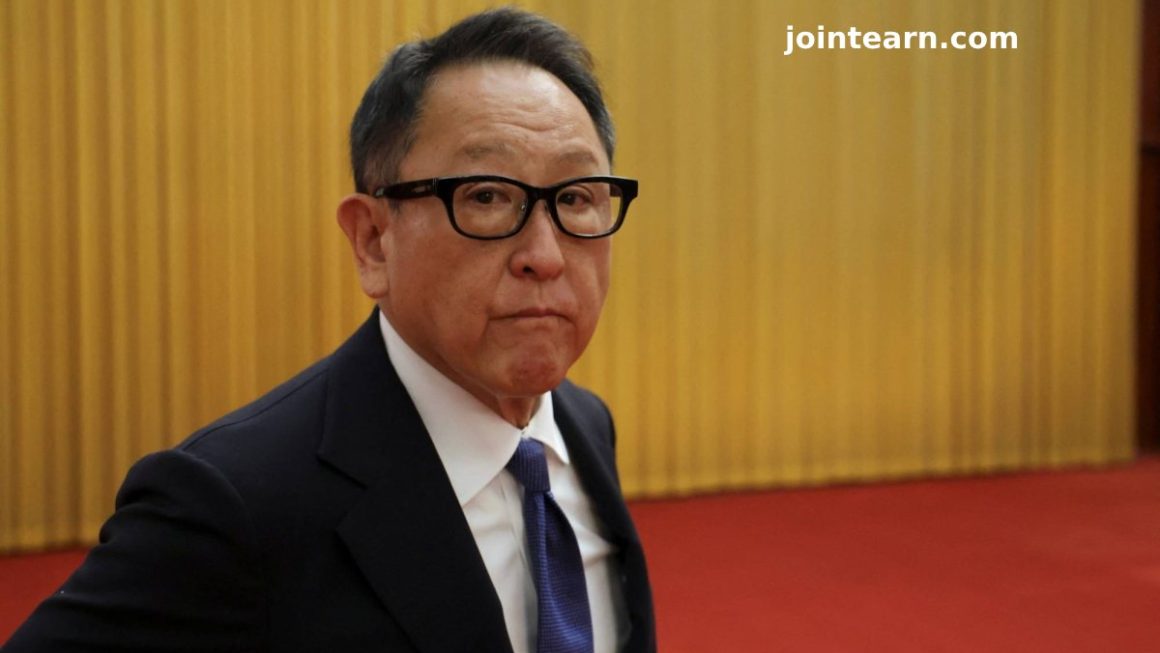John Chambers, the former CEO of Cisco, has long been familiar with the tech supply chain in China, having been one of the first tech executives to tap into China’s efficient manufacturing system for products like routers in the mid-1990s. However, in light of the growing tariff challenges, Chambers is confident that Apple (AAPL) can still profitably manufacture iPhones in the U.S., even amid the high Chinese tariffs imposed during the Trump administration.
Can Apple Make iPhones in the U.S.?
Chambers didn’t mince words when asked if Apple CEO Tim Cook could successfully move iPhone production to the U.S. He responded affirmatively: “The answer is yes, yes, and yes.” Chambers believes that, despite the challenges, Apple has the ability to make this shift without sacrificing profitability.
The Trump administration’s tariffs on Chinese goods are currently set at 145%, comprising a 125% reciprocal tariff and an additional 20% tariff previously levied. As of April 9, the administration paused all reciprocal tariffs except for those on Chinese goods, continuing to apply a 10% across-the-board duty on imports from other countries.
Tariffs Impacting Apple’s Product Prices
With tariffs on Chinese-made products in place, experts warn that the cost of manufacturing iPhones, Macs, and AirPods could rise, potentially affecting consumer demand. This could further impact Apple’s stock, which has seen a 22% drop in value year-to-date.
Apple is already exploring alternatives to mitigate these tariff impacts, with India emerging as a key player in Apple’s shift toward diversifying its supply chain. Apple is reportedly considering India as a major manufacturing hub for iPhones, which could help avoid the more significant tariffs imposed on Chinese-made products.
India as a Strategic Manufacturing Partner
Chambers emphasized the growing importance of India in the global tech supply chain. He pointed out that the most strategic partnership for the U.S. in the coming decade will be with India, a country he has a longstanding personal relationship with, including ties to Prime Minister Narendra Modi. According to Chambers, Apple will not only produce more iPhones in India but also strike a balance by manufacturing some iPhones in the U.S. as part of a broader strategy to align with key international allies.
“I think you’ll see iPhones being made in India, less in China, and you’ll see iPhones being made in the US,” Chambers said. He believes that Apple’s moves will contribute to fostering a stronger working relationship between the U.S. and India, ultimately helping to resolve the ongoing tariff challenges.
Apple’s U.S. Investment in Manufacturing
In February, Apple announced plans to invest $500 billion in the U.S., much of which will go toward a new manufacturing facility in Houston that will produce servers supporting Apple Intelligence. However, this commitment did not include plans for manufacturing consumer hardware like iPhones in the U.S.
Despite this, Chambers’ confidence in Apple’s potential to shift some of its production to the U.S. contrasts with CEO Tim Cook’s 2015 comments regarding the U.S. skills gap. Cook previously argued that a shortage of specialized labor in the U.S. made it difficult to produce Apple’s high-tech products domestically.
Rebuttal to Tim Cook’s Concerns
U.S. Treasury Secretary Scott Bessent, in a recent exclusive interview, challenged Cook’s statement, suggesting that assembling an iPhone doesn’t necessarily require advanced degrees or specialized skills. “Look, you don’t need a PhD in mechanical engineering to assemble an iPhone,” Bessent said, questioning why Cook had cited a skills gap as a barrier to U.S. manufacturing.
Looking Forward: Apple’s Strategy Amid Tariffs
As the debate over tariffs and U.S. manufacturing continues, it remains clear that Apple is exploring its options to reduce reliance on Chinese production. While India is poised to play a key role in Apple’s strategy, the U.S. could also see some benefits from the shift, with Chambers predicting that both nations will play pivotal roles in the future of global tech production.












